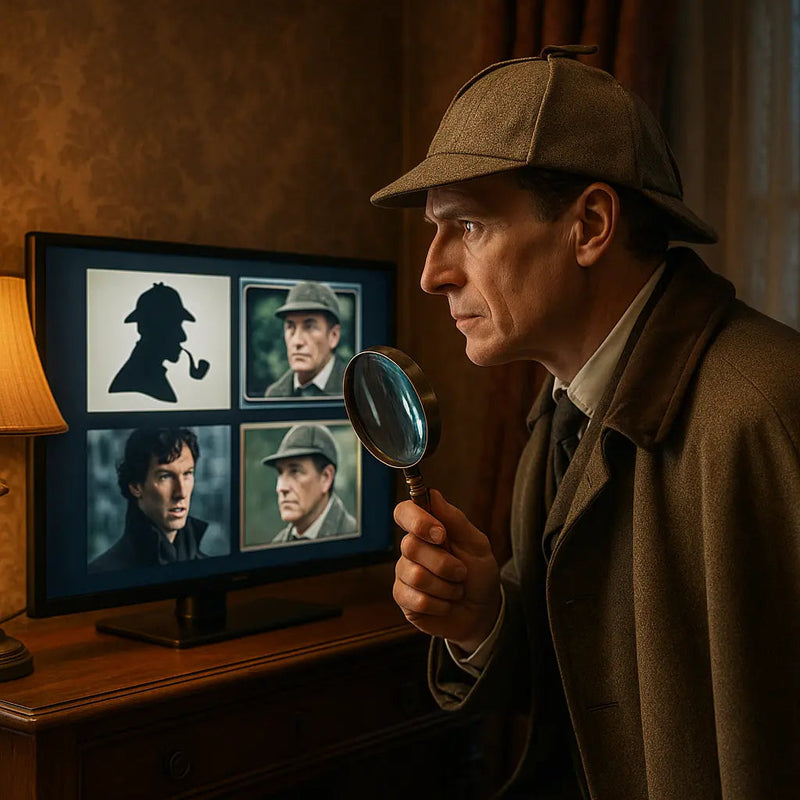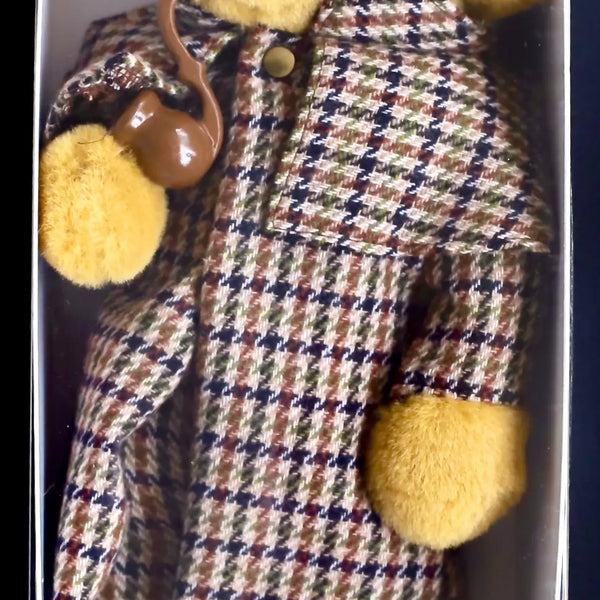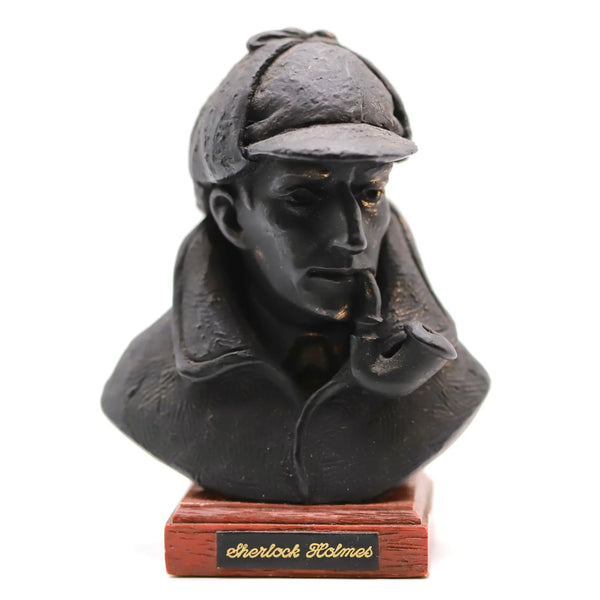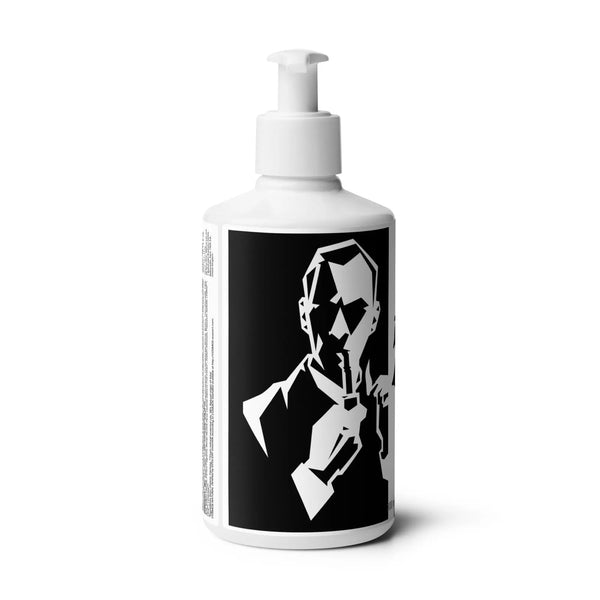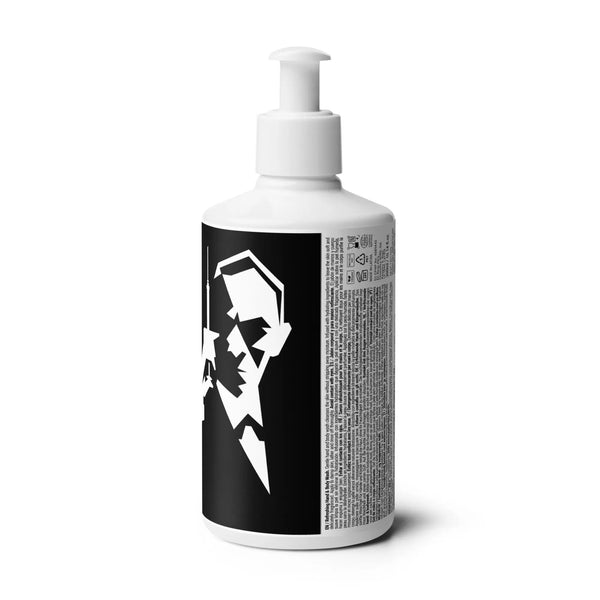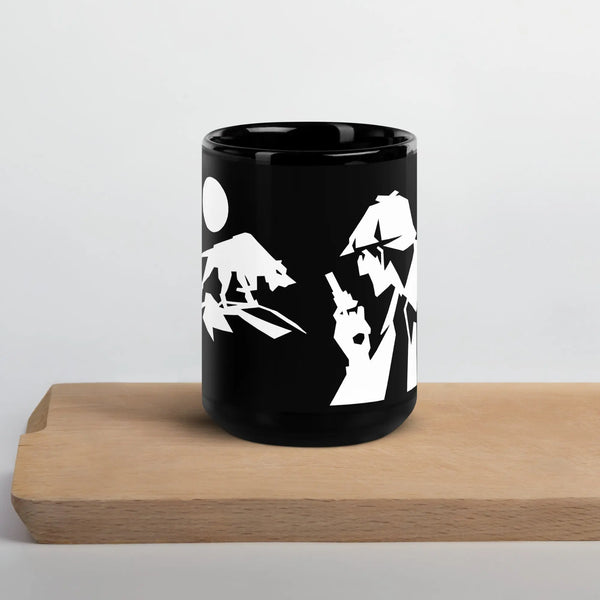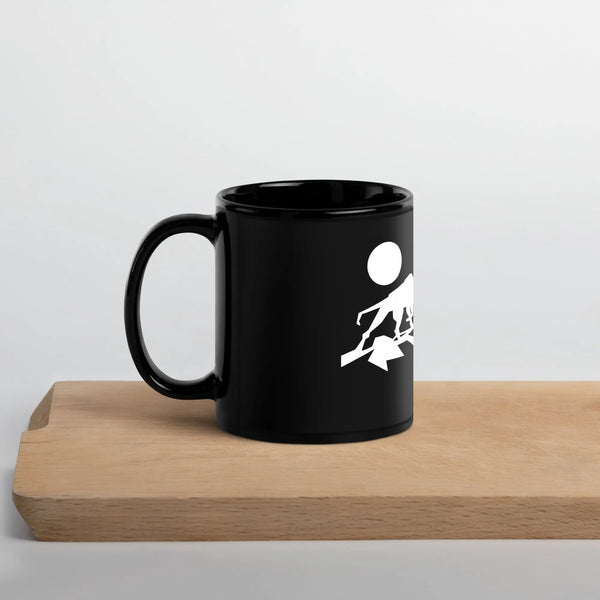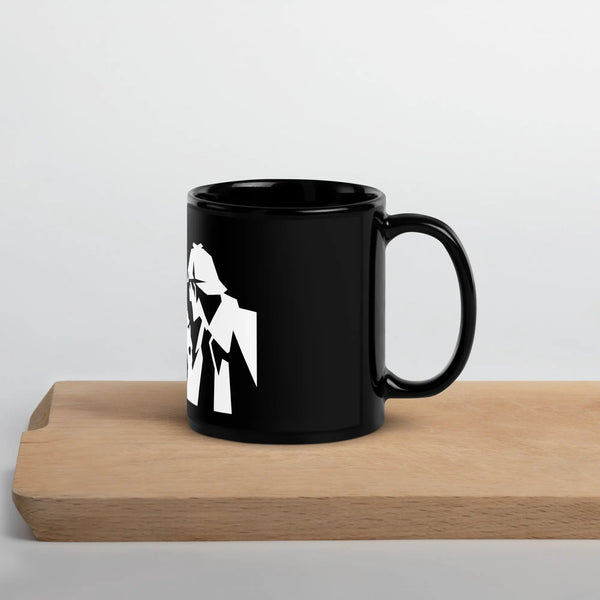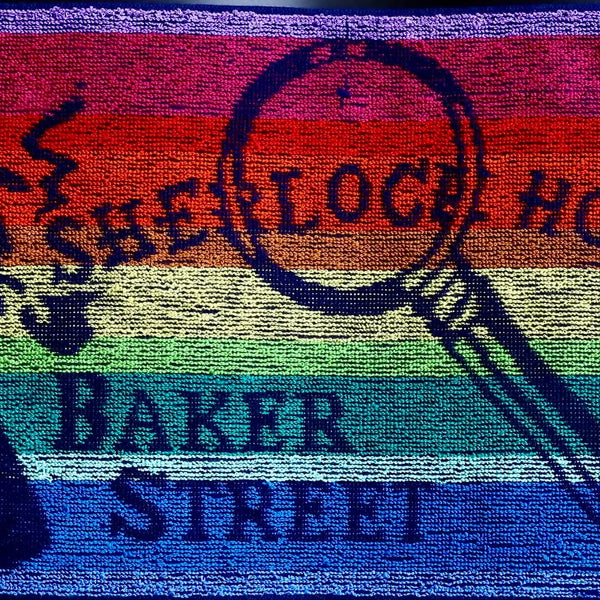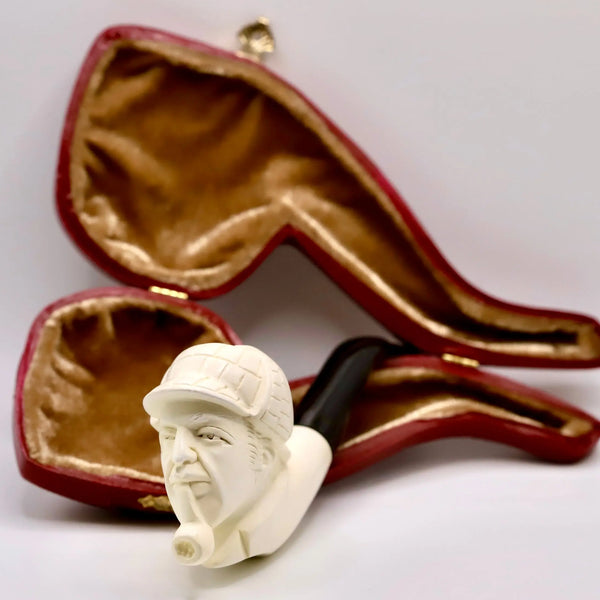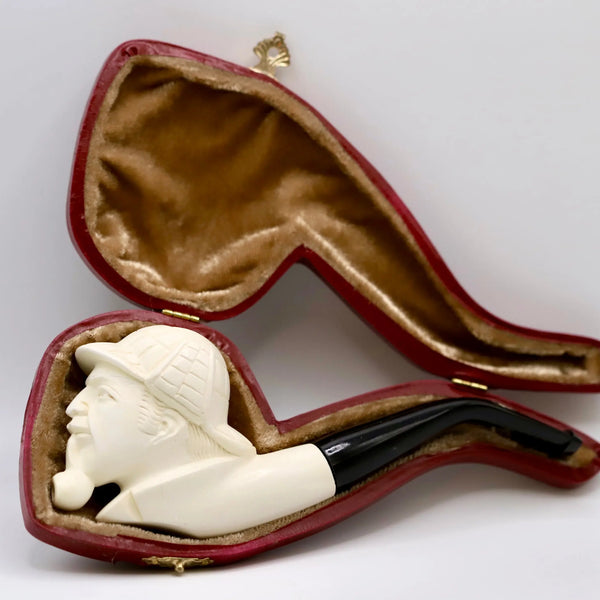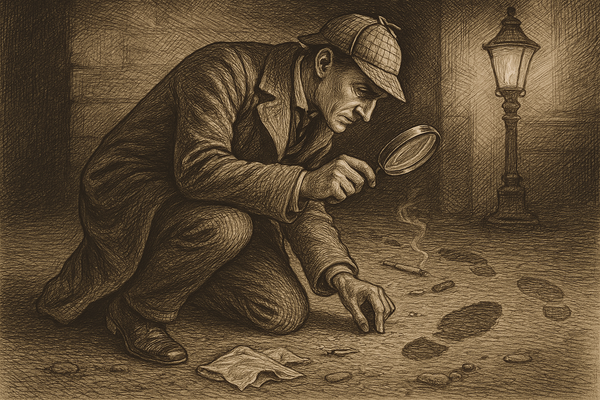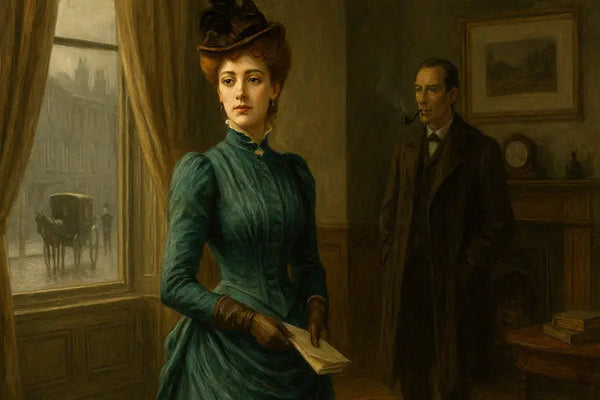The world’s greatest consulting detective has found his perfect medium in television, where Sherlock Holmes has thrived across multiple decades and formats. Many Sherlock Holmes TV shows are based on Arthur Conan Doyle's classic detective stories.
From faithful period adaptations to radical modern reimaginings, the Sherlock Holmes TV show format has proven remarkably adaptable, allowing different generations to discover the brilliant detective through the lens of their own era.
This article examines the evolution of Holmes on television, from early BBC productions through Jeremy Brett’s definitive portrayal to Benedict Cumberbatch and Martin Freeman’s contemporary interpretation, exploring how each adaptation has contributed to the character’s enduring legacy whilst reflecting the changing landscape of television drama.
The Sherlock Holmes series have been adapted in various countries, including Canada, highlighting their international appeal.
The evolution of the Sherlock Holmes series on television draws from Conan Doyle's and Sir Arthur Conan Doyle's original stories. The enduring popularity of Sherlock Holmes stories serves as the foundation for these adaptations.
Early Television Pioneers (1950s-1970s)
Television’s relationship with Sherlock Holmes began in the medium’s infancy, with early productions establishing the template for future adaptations.
The first significant Holmes TV series featured Alan Wheatley in six BBC episodes (1951), though most of these early broadcasts were performed live and are now lost to time. Notably, these early BBC episodes were filmed live, and surviving video recordings are rare.
The 1954-1955 American-British co-production starring Ronald Howard marked the first substantial attempt to create a regular Holmes TV series.
These 39 episodes presented a younger, more energetic Holmes alongside Howard Marion-Crawford’s Watson, taking considerable liberties with Conan Doyle’s original stories but establishing Holmes as a viable television character.
The BBC’s 1964-1965 series starring Douglas Wilmer attempted greater fidelity to the source material, adapting stories like “The Red-Headed League” and “The Six Napoleons” with more attention to period detail.
Wilmer’s portrayal emphasised Holmes’s intellectual arrogance and social awkwardness, though production limitations meant most episodes were studio-bound with minimal location work.
Actors like Wilmer and Cushing brought unique plays and play styles to their portrayals, and their ability to play Holmes set the standard for future adaptations.
Peter Cushing succeeded Wilmer for the 1968 BBC series, bringing his experience from Hammer horror films to create a more intense, brooding Holmes. Cushing’s interpretation was noted for its psychological depth, though the series lasted only sixteen episodes.
The actors’ performances relied on finding and interpreting every clue and clues in the narrative.
These early productions faced significant technical constraints but demonstrated television’s potential for bringing Holmes’s world to life.
They established the importance of faithful adaptation while showing how the medium could expand on Doyle’s original stories through visual storytelling and character development, with some episodes, such as 'The Devil's Foot', adapted with particular attention to doyle's original stories.
The Jeremy Brett Era - The Definitive Holmes (1984-1994)
Granada Television’s ambitious project to adapt the complete Arthur Conan Doyle’s Holmes canon transformed television’s approach to literary adaptation. Jeremy Brett’s casting as Holmes proved inspired, with the actor bringing both physical presence and psychological complexity to the role that matched Doyle’s descriptions more closely than any previous screen Holmes.
Jeremy Brett's preparation was meticulous, studying every detail of the original stories and developing a portrayal that captured Holmes’s brilliance, eccentricity, and underlying melancholy.
His Holmes was mercurial, capable of extraordinary deduction but also prone to depression and cocaine use during periods without cases.
David Burke initially played Dr Watson, presenting the character as Doyle intended—a capable doctor and war veteran rather than the bumbling sidekick of earlier adaptations.
When Burke departed after two episodes, Edward Hardwicke seamlessly took over the role, maintaining the character’s dignity and competence throughout the series. The second series continued the high standards set by the first, further cementing the show's reputation for quality and faithfulness to Doyle's work.
The production design was revolutionary for television, recreating Victorian London with unprecedented authenticity.
The famous 221B Baker Street set became iconic, filled with period details that brought Holmes’s world to vivid life. Location filming in authentic Victorian buildings added atmosphere that previous studio-bound productions couldn’t achieve.
Granada’s faithful adaptation approach meant that most episodes were based directly on original stories. “The Red-Headed League” showcased Holmes’s deductive brilliance in solving an elaborate bank robbery.
“The Six Napoleons” demonstrated his patience in tracking seemingly random vandalism to its criminal conclusion. “The Copper Beeches” revealed his protective instincts towards vulnerable clients.
Brett’s psychological approach to Holmes influenced all subsequent portrayals. He showed how the detective’s extraordinary mind came with a cost, exploring the character’s isolation and the toll of constantly observing human nature’s darker aspects.
his interpretation has been particularly influential in modern adaptations that emphasise Holmes’s psychological complexity.
The series ran from 1984 to 1994, producing 41 episodes that adapted most of Doyle’s stories. While the later episodes and later series were sometimes affected by changes in source material and Jeremy Brett's declining health, the show maintained a strong reputation among Holmes fans.
Brett’s death in 1995 ended what many consider the definitive screen Holmes, leaving a legacy that subsequent actors still measure themselves against. The last episode of the series was particularly praised for its faithfulness to Doyle's original stories.
The Modern Revolution - BBC's "Sherlock" (2010-2017)
Steven Moffat and Mark Gatiss revolutionised the Sherlock Holmes TV show format with their contemporary reimagining for the BBC. “Sherlock” transported Holmes and Watson to modern day London, updating the characters for the 21st century while maintaining their essential relationship and Holmes’s deductive brilliance.
Benedict Cumberbatch’s casting as Sherlock proved inspired, bringing a combination of intelligence, arrogance, and vulnerability that captured both Holmes’s genius and his social awkwardness.
Cumberbatch portrayed Holmes as a “high functioning sociopath” whose extraordinary observational skills came at the cost of normal human empathy, though the character gradually revealed deeper emotional capacity, and whose witty dialogue and sharp humor added to his charismatic presence.
Martin Freeman’s John Watson returned from service as a doctor in Afghanistan, echoing the original stories while addressing contemporary military conflicts. Freeman’s Watson was neither bumbling nor merely admiring—he was Holmes’s moral compass and the audience’s entry point into the detective’s extraordinary world.
The first episode, “A Study in Pink” (adapting “A Study in Scarlet”), demonstrated the series’ innovative approach.
Modern technology enhanced rather than replaced Holmes’s deductive methods. Text messages appeared on screen to show his thought processes, whilst smartphones and the internet became tools for investigation rather than obstacles to mystery.
The series’ visual innovation extended beyond technology. Quick cuts, on-screen text, and dynamic cinematography made Holmes’s deductions visually exciting.
The famous “mind palace” sequences, where Holmes retreated into his organised memory system, became iconic television moments that influenced other drama productions.
Key episodes across the four series showcased different aspects of the Holmes mythology. “The Blind Banker” updated “The Dancing Men” with contemporary elements including Chinese smuggling rings.
“The Great Game” featured Andrew Scott’s memorable Moriarty, a consulting criminal whose unpredictability matched Holmes’s brilliance. Andrew Scott’s performance as Moriarty brought a unique intensity and unpredictability that left a lasting impact on viewers and redefined the character for a new generation. “The Final Problem” concluded the series with an exploration of Holmes’s family background and emotional capacity.
The supporting cast enriched the modern London setting. Rupert Graves played Greg Lestrade as a competent Scotland Yard detective who recognised Holmes’s value despite his unconventional methods.
Una Stubbs brought warmth to Mrs Hudson, transforming her from a mere landlady into a surrogate mother figure. Andrew Scott’s Moriarty became one of television’s most memorable villains, a charismatic psychopath whose games with Holmes reached unprecedented psychological depths.
The series became a global phenomenon, attracting Sherlock Holmes fans whilst creating new ones. The art of deduction felt fresh and relevant in an age of information overload, showing how traditional detective skills remained valuable in the digital era.
“Sherlock” demonstrated the Sherlock Holmes effect in contemporary culture, inspiring real-world interest in forensic science and deductive reasoning.
The series proved that classic characters could be successfully updated without losing their essential appeal, influencing other literary adaptations and television drama generally.
To truly appreciate the performances, witty dialogue, and innovative storytelling, fans should watch the series and experience its modern take on Holmes firsthand.
American Interpretations and "Elementary" (2012-2019)
CBS's "Elementary" offered a different approach to updating Holmes for contemporary audiences, relocating the detective to New York and exploring themes of addiction and recovery. Jonny Lee Miller's Holmes was a former Scotland Yard consultant recovering from drug addiction, working with the NYPD whilst living in a Brooklyn brownstone.
The series' most radical departure was gender-swapping Watson. Lucy Liu's Joan Watson was a former surgeon working as a sober companion, assigned to monitor Holmes during his recovery. This change created new dynamics whilst maintaining the essential Holmes-Watson partnership of mutual respect and gradual friendship.
Miller's Holmes emphasised the character's obsessive nature and social difficulties whilst showing his gradual emotional growth. The series explored how someone with Holmes's observational gifts might struggle with addiction, using the detective's methods as both blessing and curse. Unlike other adaptations, "Elementary" treated Holmes's recovery as an ongoing process rather than a resolved issue.
The procedural format allowed for both case-of-the-week mysteries and longer narrative arcs. The series ran for seven seasons and 154 episodes, making it one of the longest-running Holmes adaptations. This format enabled deeper character development whilst showcasing Holmes's methods across a wide variety of cases.
"Elementary" faced inevitable comparisons with "Sherlock" but found its own audience by focusing on character psychology and the partnership between Holmes and Watson. The series demonstrated how the Holmes formula could work within traditional American television structures whilst offering fresh perspectives on familiar characters.
International and Other Adaptations
Television adaptations of Sherlock Holmes have flourished globally, with different cultures bringing their own perspectives to the detective's adventures. The Soviet Union's Holmes films starring Vasily Livanov (1979-1986) are particularly beloved in Russia and Eastern Europe, offering a more theatrical interpretation that emphasised the stories' adventure elements.
Japan's "Miss Sherlock" (2018) reimagined both Holmes and Watson as women in contemporary Tokyo, starring Yuko Takeuchi and Shihori Kanjiya. This adaptation demonstrated how the Holmes format could transcend cultural boundaries whilst addressing gender representation in detective fiction.
Netflix's "The Irregulars" (2021) focused on the Baker Street Irregulars—the street children who occasionally assisted Holmes in the original stories. Set in Victorian London but with supernatural elements, the series explored the Holmes universe from the perspective of other characters whilst featuring Holmes himself only peripherally.
Various television movies and specials have continued to explore the Holmes mythology. BBC productions like "The Abominable Bride" (a "Sherlock" special set in Victorian times) and other one-off adaptations have allowed different interpretations whilst maintaining connections to the familiar characters.
These international productions demonstrate the universal appeal of Holmes whilst showing how different cultures interpret the character's essential qualities. They also expand the television Holmes universe beyond the traditional British context.
Spin-offs and Related Productions
Television has increasingly explored the wider Holmes universe through spin-offs and related productions that expand beyond the great detective himself. "Young Sherlock Holmes" concepts have appeared in various forms, exploring how the detective might have developed his skills during his youth.
The "Enola Holmes" Netflix films, whilst primarily cinema releases, represent the trend towards exploring the Holmes family beyond Sherlock himself. These productions show how television and streaming platforms are expanding the mythology to include previously unknown relatives and associates.
"The Irregulars" represented the most ambitious attempt to create a Holmes-adjacent series, focusing on the street children who formed Holmes's informal intelligence network. Though cancelled after one series, it demonstrated how the Holmes brand could support multiple perspectives within the same fictional universe.
These spin-offs reflect television's broader trend towards expanded universes and franchise development. They also show how the Holmes mythology has become rich enough to support multiple interpretations whilst maintaining connections to the original character.
Evolution of Television Production and Holmes
The evolution of Sherlock Holmes on television reflects broader changes in television drama production. Early productions were constrained by limited budgets and studio-based filming, whilst modern adaptations benefit from cinematic production values and extensive location work.
Jeremy Brett’s Granada series marked a turning point in television’s approach to literary adaptation, treating the source material with unprecedented respect whilst using improved production techniques to create authentic period atmosphere. The series’ attention to detail influenced other literary adaptations and raised expectations for faithful source material treatment.
“Sherlock” embraced modern television’s cinematic aspirations, with feature-length episodes that functioned as television movies. The series’ visual innovation and high production values helped establish the template for prestige television drama that continues to influence the medium.
The rise of streaming platforms has changed how audiences consume Holmes adaptations. DVD releases of classic series like Brett’s Granada productions found new audiences, whilst streaming availability has made international adaptations more accessible. Binge-watching culture has also influenced how series are structured, with shorter seasons allowing for more complex storytelling. In addition, some review summaries and related content about Sherlock Holmes TV shows are now ai generated, reflecting the growing influence of artificial intelligence on media consumption.
Modern technology has enhanced rather than hindered Holmes adaptations. CGI and improved filming techniques allow for more dynamic action sequences, whilst digital effects can visualise Holmes’s thought processes in ways that were impossible in earlier eras. However, the best adaptations use technology to serve character and story rather than overwhelming them.
Cultural Impact and Legacy
Sherlock Holmes TV shows have significantly influenced both detective television and popular culture generally. The character's television presence has shaped public perception of detection and forensic science, with the Sherlock Holmes effect visible in real-world criminal investigation techniques.
Different television portrayals have influenced how successive generations imagine Holmes. For many viewers, Jeremy Brett remains the definitive Holmes, whilst younger audiences might identify more strongly with Benedict Cumberbatch's contemporary interpretation. This generational influence demonstrates television's power to shape cultural memory.
The success of Holmes adaptations has inspired numerous detective series that adopt similar character dynamics and deductive methods. The brilliant but difficult detective paired with a more emotionally grounded partner has become a standard television formula, visible in series from "House" to "The Mentalist."
Sherlock Holmes fans have embraced television adaptations as worthy additions to the canon, with some episodes achieving status equal to Doyle's original stories. The interactive nature of television fandom has also influenced how adaptations are developed, with fan feedback sometimes affecting creative decisions.
Awards recognition for Holmes adaptations has validated television's capacity for serious literary adaptation. Jeremy Brett received critical acclaim for his performance, whilst "Sherlock" earned Emmy nominations and BAFTA awards, demonstrating that popular entertainment and artistic achievement need not be mutually exclusive.
Conclusion
The journey of Sherlock Holmes through television history reflects both the character's remarkable adaptability and television's evolution as an artistic medium. From early studio-bound productions to cinematic modern interpretations, Holmes has proven capable of reinvention whilst maintaining his essential appeal. Each generation has found in the great detective a reflection of their own concerns and possibilities, whether through faithful period adaptations or radical contemporary updates.
Television has proven to be Holmes's ideal medium, allowing for the character development and atmospheric detail that shorter film formats cannot provide. The episodic structure mirrors the original short story format whilst permitting deeper exploration of the Holmes-Watson relationship and the detective's psychology.
As television continues to evolve through streaming platforms and changing viewing habits, Sherlock Holmes will undoubtedly continue to find new expressions. The character's combination of intellectual brilliance, personal complexity, and timeless appeal ensures his continued presence on television screens, delighting both longtime fans and new audiences discovering the world's greatest consulting detective for the first time.
Frequently Asked Questions
Which actor played Sherlock Holmes on TV the longest?
Jeremy Brett stars as Sherlock Holmes in Granada Television’s series, holding the record for the longest-running television portrayal of the character from 1984 to 1994. Brett appeared in 41 episodes over a decade, adapting most of Arthur Conan Doyle’s original stories with unprecedented faithfulness to the source material. His interpretation is widely considered the definitive television Holmes.
How many seasons of BBC Sherlock are there with Benedict Cumberbatch?
BBC's "Sherlock" starring Benedict Cumberbatch and Martin Freeman ran for four seasons between 2010 and 2017, with a total of 13 episodes plus a special. Each season typically contained three feature-length episodes, with "The Abominable Bride" serving as a Victorian-era special episode between the third and fourth seasons.
What is the difference between Sherlock Holmes TV shows and movies?
Sherlock Holmes TV shows typically offer more time for character development and can adapt multiple stories across seasons, whilst movies focus on single adventures with higher production budgets. Television series like Jeremy Brett's Granada productions could faithfully adapt individual short stories, whereas films often combine elements from multiple sources or create original plots featuring the characters.
Which Sherlock Holmes TV series is most faithful to the original books?
Jeremy Brett’s Granada Television series (1984-1994) is widely regarded as the most faithful adaptation of Conan Doyle’s original stories, having adapted the majority of the Sherlock Holmes stories with remarkable attention to detail. The series adapted 41 of the 60 Holmes stories with remarkable attention to period detail, character accuracy, and plot fidelity, making minimal changes to the source material compared to other adaptations.
How did modern Sherlock TV shows update the character for contemporary audiences?
Modern adaptations like BBC's "Sherlock" updated Holmes by transplanting him to contemporary London with smartphones, internet, and modern forensic techniques whilst maintaining his essential deductive abilities. The character became a "high-functioning sociopath" whose observational skills translated perfectly to the digital age, using technology to enhance rather than replace traditional detective methods.
What other TV shows were inspired by Sherlock Holmes adaptations?
Many television series have adopted the Holmes formula of a brilliant but difficult detective paired with a more grounded partner, including "House MD," "The Mentalist," "Psych," and "Monk." The success of recent Holmes adaptations has also inspired other literary character updates, demonstrating how classic characters can be successfully modernised for contemporary television audiences.
